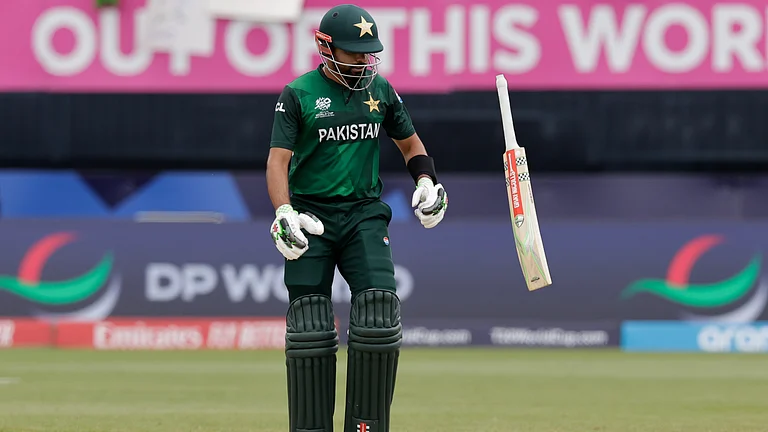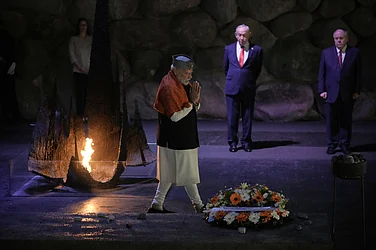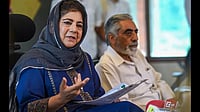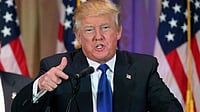Saudi Arabia's Foreign Minister, Prince Faisal bin Farhan, has arrived in the Iranian capital of Tehran on Saturday, marking the latest step in the restoration of diplomatic ties between the two longstanding Middle Eastern rivals. The visit, reported by Iranian state media, aims to facilitate high-level discussions between Saudi Arabia and Iran, with the hope of resolving longstanding tensions and promoting regional stability.
According to the state-run IRNA news agency, Prince Faisal is scheduled to meet his Iranian counterpart, Hossein Amirabdollahian, during his visit. The discussions between the two diplomats are expected to cover a wide range of issues, including regional security, bilateral relations, and areas of potential cooperation.
As part of the visit, Prince Faisal is also slated to officially inaugurate Saudi Arabia's embassy in Tehran later on Saturday. The reopening of diplomatic missions by both nations in recent weeks marks a significant diplomatic breakthrough following seven years of strained relations.
The restoration of diplomatic ties between Saudi Arabia and Iran was agreed upon in March, signaling a positive shift in their relationship. This major breakthrough was brokered by China, demonstrating the international community's commitment to reducing tensions and promoting dialogue between Riyadh and Tehran.
Decades-old Feud Exacerbated by Religious Differences
The deep-rooted animosity between Saudi Arabia and Iran stems from a complex interplay of factors, with religious differences playing a significant role. The two nations adhere to different branches of Islam, with Iran predominantly following Shia Islam and Saudi Arabia identifying itself as the leading Sunni Muslim power.
Historically, Saudi Arabia, as the birthplace of Islam and a monarchy, considered itself the leader of the Muslim world. However, the emergence of the Islamic revolution in Iran in 1979 posed a direct challenge to Saudi Arabia's leadership. The revolutionary theocracy established in Iran aimed to export its revolutionary model, disrupting the established regional order.
Over the past 15 years, tensions between Saudi Arabia and Iran have been further heightened by a series of events. The 2003 US-led invasion of Iraq, which removed Saddam Hussein, a Sunni Arab and a major Iranian adversary, shifted the balance of power in favor of Iran. The subsequent uprisings across the Arab world in 2011 provided opportunities for both nations to expand their influence, leading to a further deterioration of mutual trust and suspicions.
Rivalry Intensifies as Iran Gains Regional Influence
The strategic rivalry between Saudi Arabia and Iran had intensified due to Iran's increasing regional influence. In Syria, Iranian and Russian support for President Bashar al-Assad has enabled his forces to largely overcome rebel groups backed by Saudi Arabia. Saudi Arabia, in an attempt to contain rising Iranian influence, has pursued military intervention in neighboring Yemen, engaging in a costly and protracted conflict against the Houthi rebels, whom they perceive as backed by Iran.
Iran has faced accusations of providing significant assistance to the Houthi rebels in terms of technology and weaponry, although it denies allegations of smuggling weaponry to Yemen. Additionally, in Lebanon, Iran's ally, the Shia militia group Hezbollah, holds significant political power and controls a well-armed fighting force. Observers believe that the Saudi-backed resignation of Lebanese Prime Minister Saad Hariri in 2017 was influenced by Hezbollah's involvement in regional conflicts.
External factors also contribute to the intensification of the Saudi-Iranian rivalry. Saudi Arabia had received support from the Trump administration, which had emboldened its efforts to counter Iranian influence. Furthermore, Israel, perceiving Iran as a grave threat, had aligned itself with Saudi Arabia, both opposing the 2015 international agreement aimed at limiting Iran's nuclear program.






















